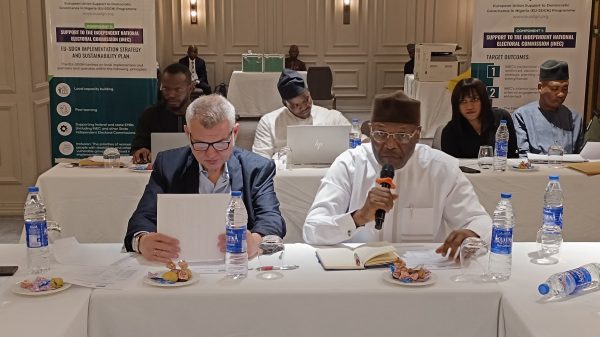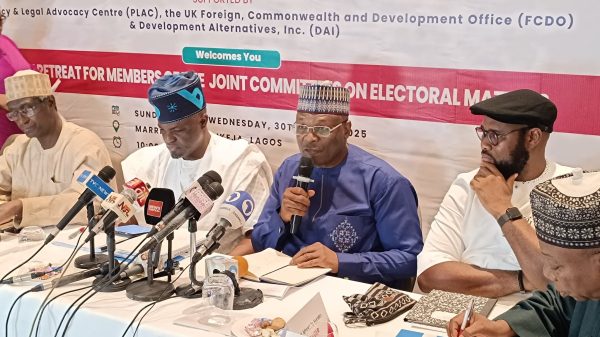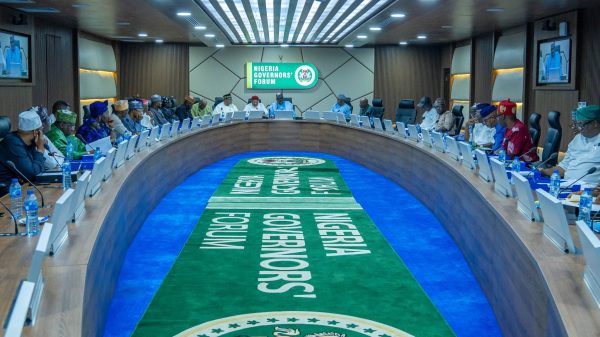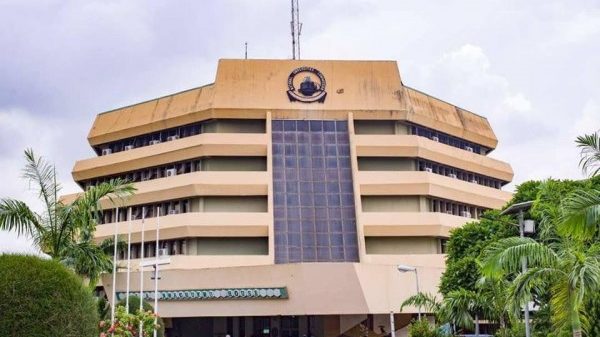NEWS OF AGENCY NIGERIA, Abuja
The Senate Committee on Agriculture says two million metric tons of rice are imported or smuggled into Nigeria under President Muhammadu Buhari’s administration.
This is just as the committee said, in 2021, the production of milled rice in Nigeria was estimated to amount to five million metric tons.
Vice-chairman of the committee, Muhammad Enagi, disclosed this at a meeting with a multi-stakeholder group on rice council advocacy bill promotion.
The interactive meeting was organised by the United Nations Development Programme (UNDP) – Global Environment Facility (GEF), in collaboration with Women Farmers Advancement Network (WOFAN), among others.
Mr Enagi stated that Nigeria’s rice rose from 3.7 million metric tons in 2017 to 5.0 metric tons in 2021.
“In Spite of this, 6.7 million metric tons of rice is consumed in Nigeria annually, resulting in a deficit of about two million metric tons which is either imported or smuggled illegally into the country,” said Mr Enagi.
The senator added that he sponsored a bill to establish the National Rice Development Council of Nigeria to guide the rice research, comprehensive development of the rice sector, and the organisation of the rice stakeholders to enhance local production.
The bill, he said, will establish a rallying point and a comprehensive national operational and governance structure for a complete rice value chain.
According to him, Nigeria should consider implementing a rice development council and a comprehensive national rice development roadmap to guide the country into self-sufficiency and export.
He added that establishing the council would transform the activities of rice farmers, processors, millers, researchers, marketers, and other relevant stakeholders across the rice value chain.
”With our natural competitive advantage in the area of rice production, Nigeria should put in place a National Rice Development Council and a comprehensive national rice development roadmap that will guide us not only into a regime of self-sufficiency in rice production but also for export,” reasoned the minister.
Mr Enagi added, ”The Nigerian rice industry exists in the abstract as there appears to be no form of coordination in the absence of a properly structured rallying point.”
(NAN)

























































